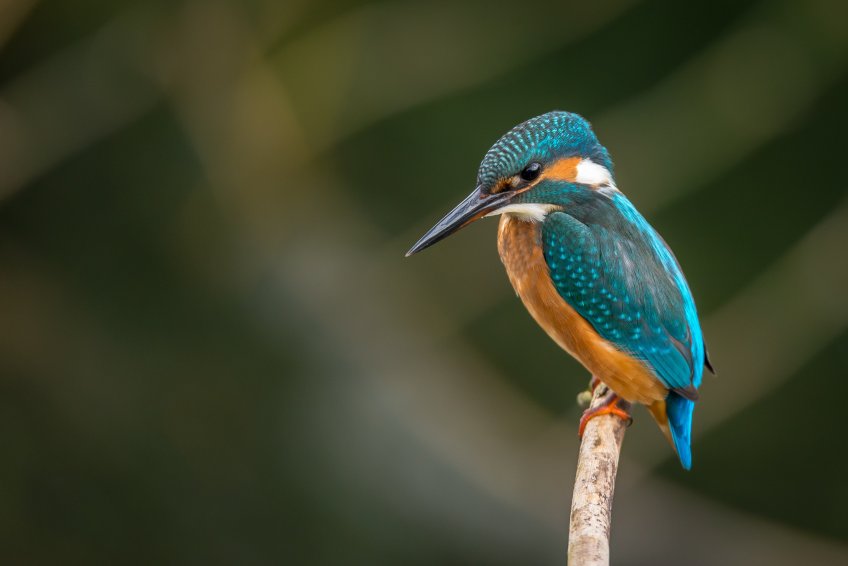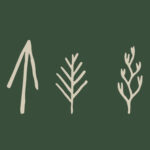How to protect garden wildlife in winter
As it is winter and UK weather has a tendency to be unpredictable at times, it’s important to be prepared and know the best ways you can help protect garden wildlife during the harsh weather conditions of winter.

By just doing a handful of helpful tasks in your garden, you can protect the most vulnerable of garden wildlife and help give wildlife a safe haven to hibernate from the cold.
Quick and easy ways to protect garden wildlife this winter:
- With temperatures plummeting and snow appearing overnight unannounced, it can be hard for wildlife to be able to source the nutrients they need to survive. Garden birds generally find essential nutrients in foods such as berries, bugs and seed. Throughout summer these nutrients are more readily available whereas in winter these can be hard to find leading birds to become malnourished. If you don’t already, you should consider adding the addition of a bird feeder to ensure that these nutrients are easy to find all winter long.
- Do you have a garden pond? Rather than thawing an iced over pond with boiling water, thaw the ice with a pan of hot water slowly to prevent injuring wildlife such as frogs, fish and newts which may have taken to shelter in the water.
- Don't feel guilty leaving shrubs to go a bit unruly over the winter months as this is perfect shelter for many garden creatures. When you begin gardening again in early spring, be careful to check no hedgehogs or birds have nested in the leaves and grass over winter!
- For garden birds, ensure bird feeders are up high so they aren't attacked by hungry foxes. In high wind or snowy conditions, move bird feeders inwards towards your home or placed in trees that will shelter them from hazardous conditions. Remove all debris from feeders, nest boxes and habitats to remove any parasites that may harm wildlife over the winter months of hibernation.
- For wildlife that can’t be easily sustained with seed and berries, try to put out food such as cheese, peanuts and fruit for any badgers that visit your garden!
For more information on how you can protect your garden wildlife, visit www.livingwithbirds.com

